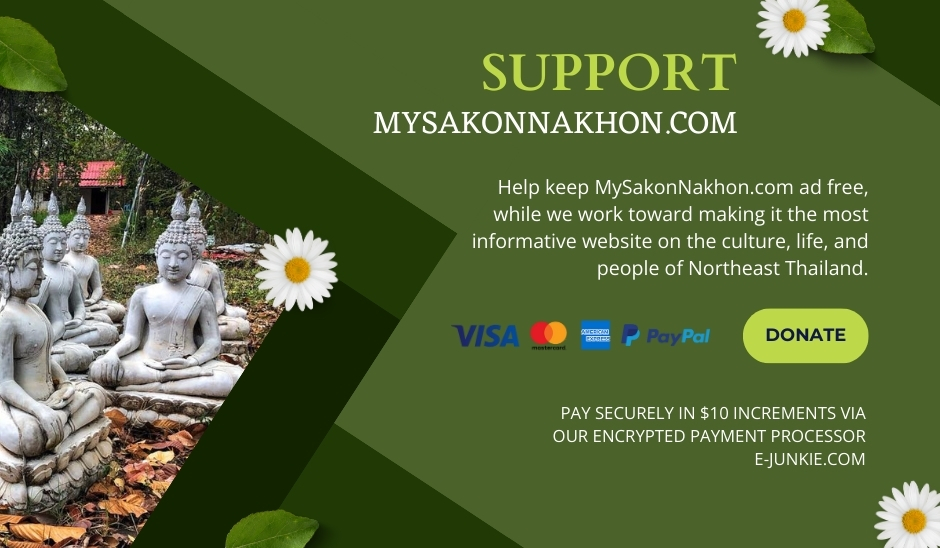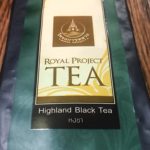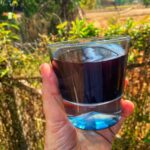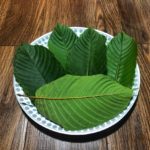
Drinking 24 Year Old Pu-erh Tea in Thailand
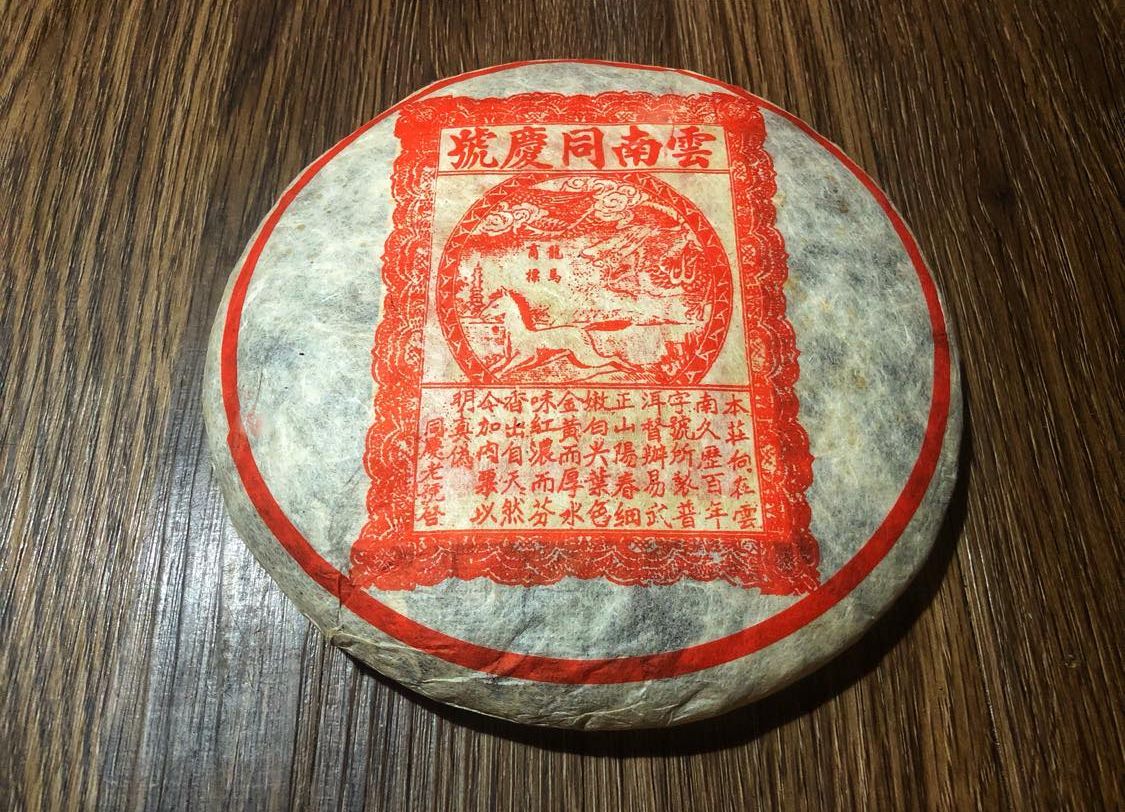
Our deep dive into the world of tea drinking has led us to the highly prized Pu-erh tea (ชาผู่เอ๋อร์). While Pu-erh tea is not grown in Thailand, it is drunk by many tea connoisseurs in the Kingdom, especially among Thais of Chinese descent. When we discovered that a 375 gram Pu-erh tea cake aged since 1999 was available on Lazada for only 335 baht + 36 baht shipping charge from China, we decided that we had to try Pu-erh tea.
If you are not familiar with Pu-erh tea, here is a quick history. Pu-erh tea (also spelled Pu’er) is pronounced phoo ayr. It is a type of fermented tea that originates from Yunnan Province in China. The tea is made from the leaves of the Camellia sinensis plant, the same plant that is used to make other types of tea, such as green tea and black tea. However, unlike green and black tea, which are non-fermented, Pu-erh tea undergoes a microbial fermentation process that gives it a unique taste and aroma.
Pu-erh tea can be categorized into two types: raw Pu-erh and ripe Pu-erh. Raw Pu-erh is made from freshly harvested leaves that are processed and then left to ferment naturally over time. Ripe pu-erh, on the other hand, undergoes an accelerated fermentation process where the tea leaves are artificially aged using heat and moisture.
Pu-erh tea has a distinctive flavor that is earthy, rich, and mellow, with a slight sweetness and a woody or mossy undertone. It is often described as having a complex taste that can vary depending on the age, quality, and processing method of the tea. In addition to its unique taste, Pu-erh tea is also believed to have numerous health benefits. It is said to aid digestion, promote weight loss, lower cholesterol levels, and reduce the risk of heart disease. Some studies also suggest that Pu-erh tea may have anti-inflammatory and anti-cancer properties.
Pu-erh tea is often sold in compressed cakes or bricks, and it can be brewed multiple times. The resulting infusion can be enjoyed hot or cold, and it is often served without milk or sugar. Pu-erh tea is one of the teas most commonly associated with causing “tea drunkeness,” with many drinkers reporting various states of euphoria and elation related to drinking Pu-erh tea.
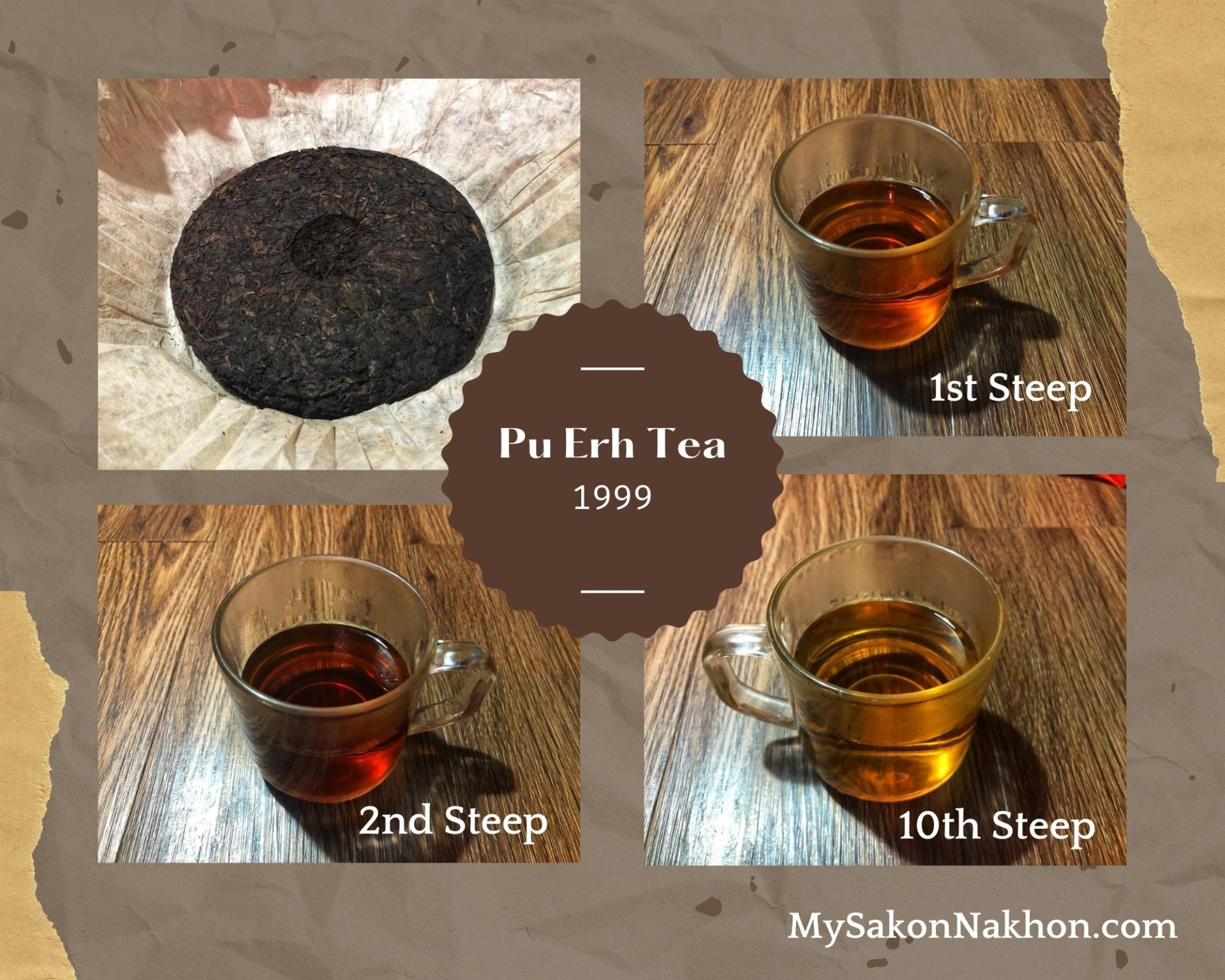
1999 Pu-erh Tea Review
Our Pu-erh tea (vintage 1999) experience began with giving the tea a quick 20 second steep to rinse and awaken the leaves (as is the common practice). This steep is tossed aside. Pu-erh tea aficionados suggest repeated 30 second to 1 minute steeps, so we split the difference and went with a 45 second steep. We were quite surprised as the rich caramel color that the 45 second steep produced. The taste was quite earthy but (so far) not complex or interesting.
The 2nd 45 second steep was again surprising, because it produced a much deeper color than the first steep. The flavor of the Phu-erh tea also began to open up with hints of smokiness and a light lemongrass beginning to appear. The complexity continued to open up on further steeps with floral, moss, and herbal accents appearing. By the 7th steep we began to feel a little “tea drunk” and wondered if we should stop for a while. But we pushed on.
We were really shocked at how well this tea was holding up through so many steeps, but things were weakening, so at the 10th steep we went for a 3 minute steep, which still produced a robust cup of tea, as well as a noticeable feeling of clarity and elation. We continued with the longer steep times until finally concluding at the 15th steep.
What an amazing tea! We now understand why so many tea drinkers rave about Phu-erh tea, and why some people pay upwards to thousands of dollars for rare vintages (just as wine connoisseurs do). With just a single teaspoon of Phu-erh tea, you could brew yourself enough tea for an entire day. Therefore that 375 gram tea cake we bought could last us 3-4 months if we drank it every day. Living in Thailand, we also have access to very fine (and affordable) Phu-erh tea cakes that cost much more in Western countries.
So, while Phu-erh tea can’t be considered in our search for the best tea in Thailand (because it isn’t made in the Kingdom), we can surely recommend it to anyone who wants to take an adventure into the world of tea.
- The Hidden Dharma of Thai Language & Culture - May 11, 2024
- The Royal Ploughing Ceremony in Thailand – A History - May 8, 2024
- Dying Well the Buddhist Way in Thailand - May 7, 2024
